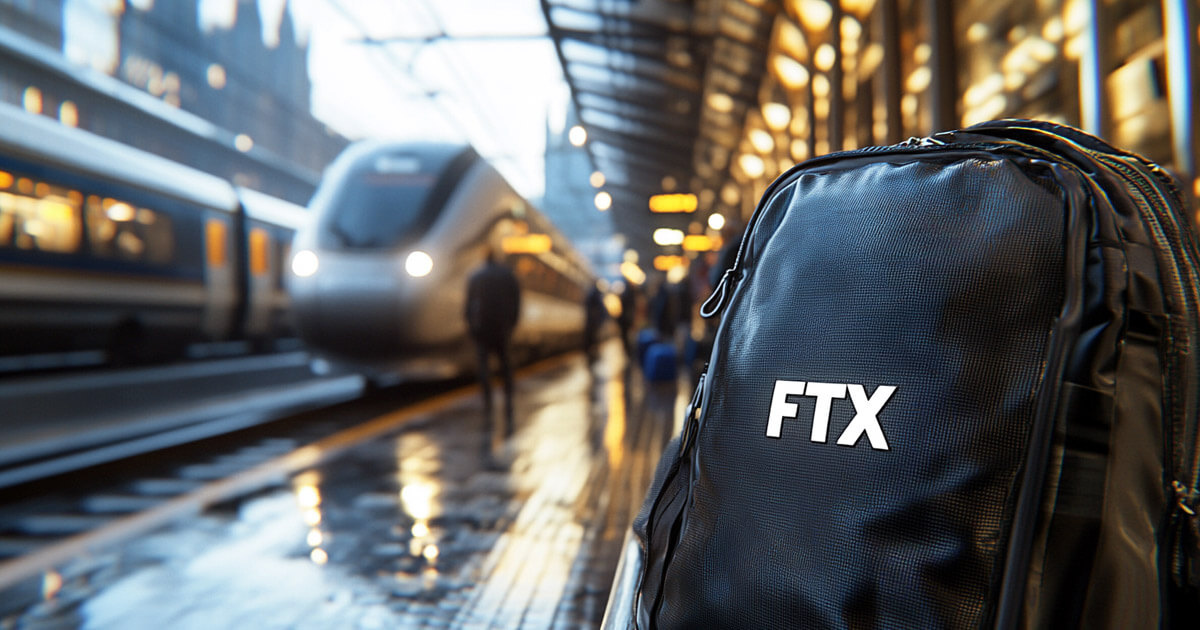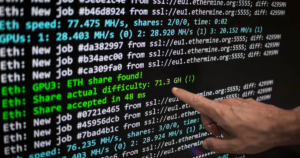In a heated disagreement with Backpack and FTX EU, as FTX bankruptcy estate over who owns FTX EU, Backpack Exchange finds itself. This is when the drama started because Backpack acquired FTX EU in January 2025. Cyprus’s financial watchdog approved the purchase of the Backpack in December 2024, it said.
Key-Takeaway:
- After Back Pack announced its acquisition with Cyprus regulatory approval in Dec. 2024, ownership of Backpack and FTX EU were disputed over a heated dial.
- Backpack’s purchase claims put it in direct conflict with the FTX estate’s claim that it still owns 100% of FTX EU shares through FTX Europe AG.
- Backpack and FTX EU take turns laying blame about who has responsibility for creditor repayments and who is caught in the middle of it are former customers.
The Confusion of Traders within the Market’s crisis
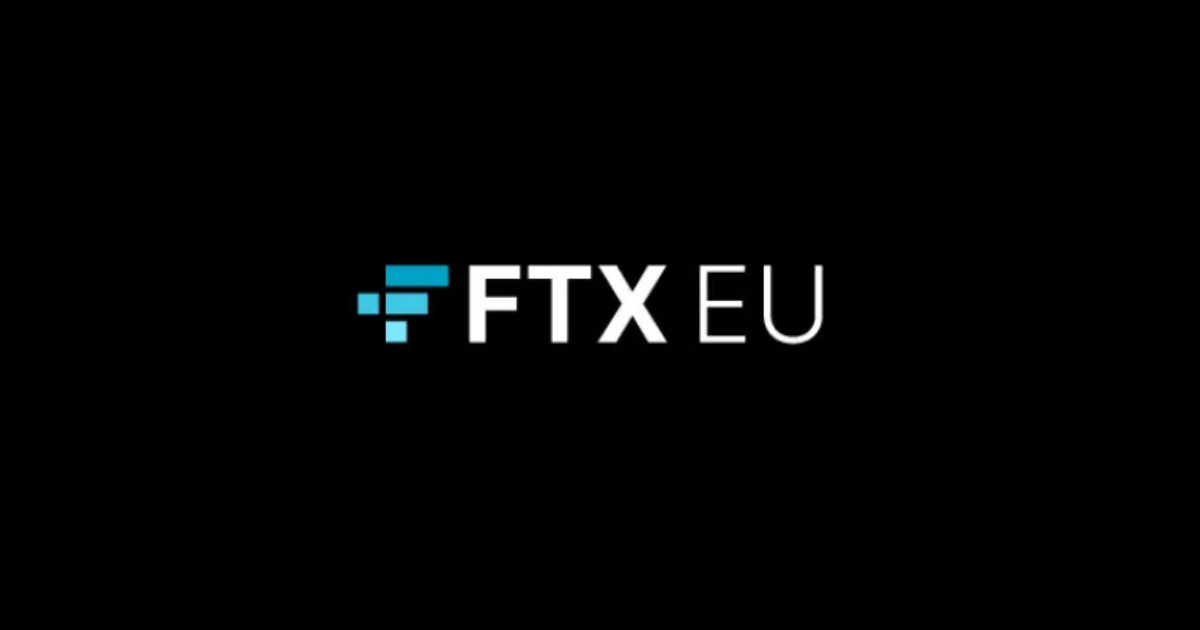 The story of FTX EU begins with its origins as Digital Assets AG (DAAG). FTX originally bought DAAG for $323 million back in 2021. After FTX’s collapse in November 2022, FTX EU got involved in a much larger bankruptcy proceeding. In an interesting turn of events, DAAG’s original founders bought back the company in early 2024.
The story of FTX EU begins with its origins as Digital Assets AG (DAAG). FTX originally bought DAAG for $323 million back in 2021. After FTX’s collapse in November 2022, FTX EU got involved in a much larger bankruptcy proceeding. In an interesting turn of events, DAAG’s original founders bought back the company in early 2024.
Backpack adds that it was bought by FTX EU from DAAG co-founders Patrick Gruhn and Robin Matzke. But FTX’s estate entirely disagrees with that story of events. The estate said that all FTX EU shares remain owned by FTX Europe AG. They say that Backpack announced its project without giving them a heads up.
It’s left unclear who will be responsible for customer payments. Armani Ferrante, CEO of Backpack, says his company will oversee the distribution of the funds to former FTX EU users. The entity will be rebranded as Backpack EU and will be fully responsible for returning customers in euros, the company said.
Backpack and FTX EU: Where do they stand?
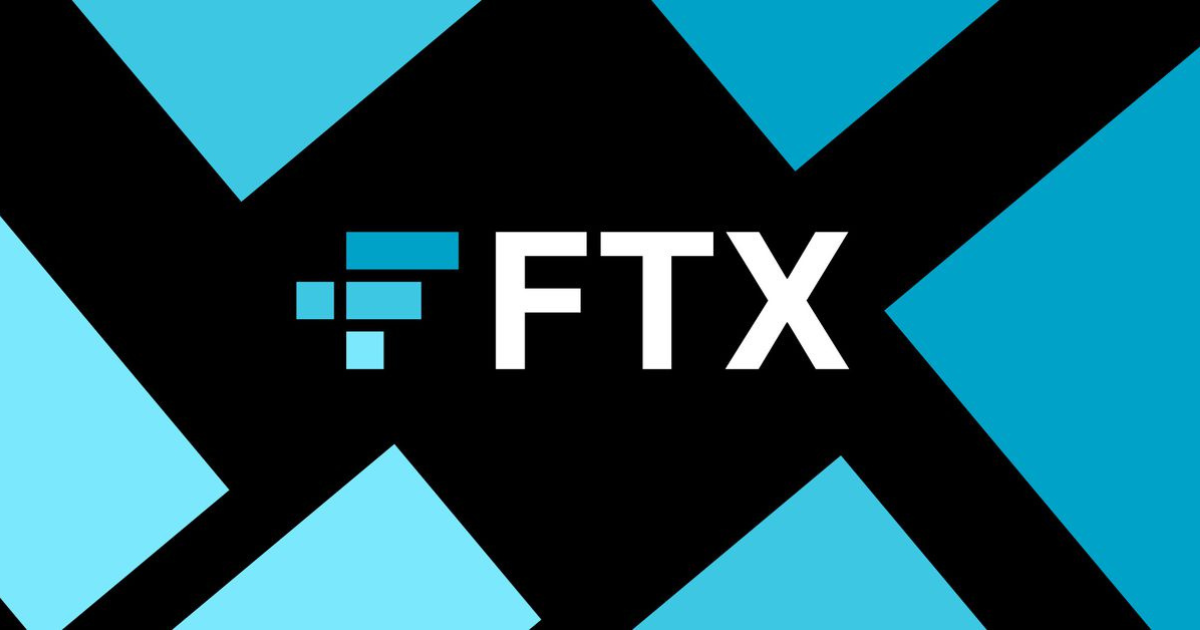 Backpack says it handled customer payments, but that’s the last thing the FTX estate is willing to accept. Backpack does not have authorization to make any creditor payments, they say. It is this contradictory situation that has scared many creditors out of knowing the state of their funds.
Backpack says it handled customer payments, but that’s the last thing the FTX estate is willing to accept. Backpack does not have authorization to make any creditor payments, they say. It is this contradictory situation that has scared many creditors out of knowing the state of their funds.
There has been a great deal of confusion among FTX EU’s former customers. To complicate matters further, other companies, including Kraken and Bitgo, are already licensed to distribute funds to customers of FTX. Growing concern among customers is also raising concerns that a company will actually get their money back, says FTX creditor activist Sunil Kavuri.
The Future as this Conflict Unfolds
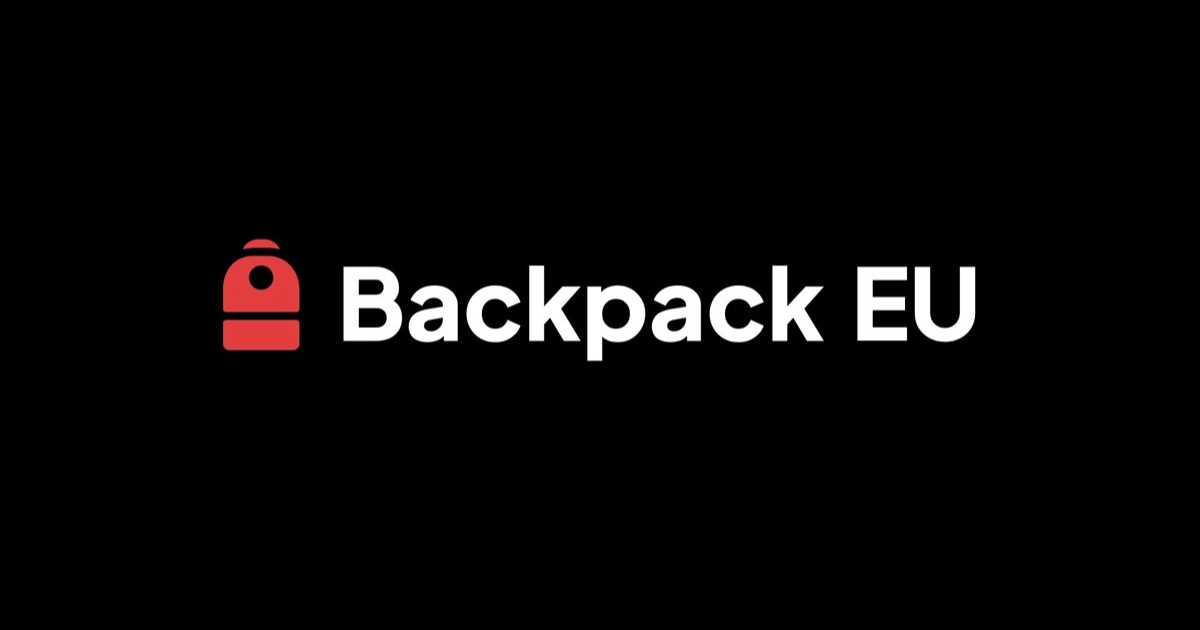 But despite the rising issue, the plan is to expand Backpack’s European operations. The aim of the company is to provide service of cryptocurrency derivatives in all European Union. For European customers, they plan to offer perpetual futures trading.
But despite the rising issue, the plan is to expand Backpack’s European operations. The aim of the company is to provide service of cryptocurrency derivatives in all European Union. For European customers, they plan to offer perpetual futures trading.
The dispute between Backpack and FTX’s estate is still continuing. Both are sticking to their guns as it pertains to ownership and payment responsibility. The result of the FTX collapse and the implications for the crypto on operations is this situation.
The bankruptcy proceedings make cryptocurrency company acquisitions into a controversial issue. The resolution to this dispute will almost certainly dictate how other such disputes are resolved in the future. But FTX EU’s former customers—some of whom are still waiting to know what happened to their funds—are scrambling to find some clarity in the resolution.
Conclusion: Backpack and FTX EU, will it come to a close?
And now, customers and industry observers wait with bated breath for this ownership battle to unfold. The situation highlights how volatile FTX’s bankruptcy proceedings have yet to be tied up. Along with it, it also highlights the value of clear ownership transfer in cryptocurrency business acquisition.





